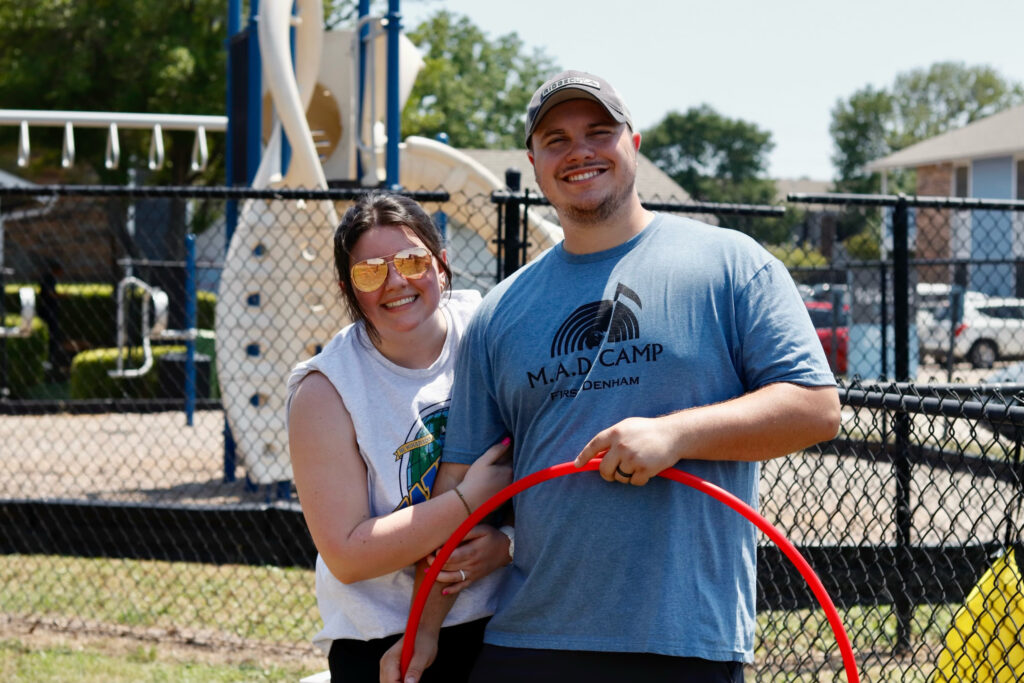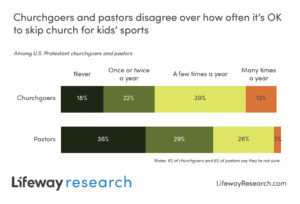
NASHVILLE (BP) — When Steve Masters entered college, he knew he wanted to be a collegiate minister. The only problem was he didn’t understand how the SBC could help him get there.
“There are over 10,000 college students right now who feel God has called them to the ministry,” Masters said. “But there is a disconnect when you think of how there is also a shortage of pastors right now.”

Masters’ desire has made him synonymous with Southern Baptist collegiate ministry in a career that has stretched past three decades leading LSU’s BCM. He’s observed the trends during those times – both culturally and ministerially – while also taking note of principles that remain true no matter the era.
Student leaders are called as well as built. They also need to be equipped and have a mission field on which to practice that calling.
Those concepts factor in to the development and goals of two websites – studentmissionary.com and SBCcalled.com. The former looks to mobilize those in grades 6-12 to become missionaries on their campus. The latter works to identify and shape high school and college students called to ministry.
SBCcalled.com was developed by Masters and launched shortly after the 2021 SBC Annual Meeting. That start came in conjunction with Vision 2025, which was adopted at that gathering and includes points of emphasis for identifying those called into the ministry as well as evangelizing those under 18.
The more-recently launched studentmissionary.com calls for churches to encourage students in their immediate mission field – their school campus. This comes through a strategy manual available for free on the site that includes how to hold a commissioning service, materials for student missionary “coaches,” signup forms and a timeline breakdown for implementing the strategy.
Students at First Baptist Church in Denham Springs, La., are preparing to take part this fall, said High School Pastor Nathan Iblings. Masters met with several area youth ministers, including Iblings, this spring to lay out the plan.
“Everything he said made sense to me,” Iblings said.
“I’m in the schools often and it is definitely a mission field. We say that a lot, but then don’t take practical steps to address it as a reality,” he said.
He and others at First Baptist began incorporating elements from studentmissionary.com into their programming before the end of the school year.
“We saw Bible studies pop up among those in our ministry, with students leading them,” Iblings said. “The seniors wanted to share the Gospel on their campus before school was out.”
Ministry leaders are identifying and talking to students about being commissioned as missionaries.
“We want them to be aware of the serious need for evangelism [on campus],” Iblings said.
It may seem strange for Masters, a veteran of collegiate ministry who has seen multiple hundreds of former students go into ministry, to spend so much time on those in 6th-12th grade.
“It’s an investment, and I’m gonna get a return on it,” he said of the mindset that carries into college. “If we do our jobs, the churches will benefit.”
Masters calls studentmissionary.com “the best evangelism strategy” he has seen, particularly the baked-in concepts of intentionality and accountability.
“It involves the whole church and not just the students. That’s part of the reason we’ve lost students. We’ve separated that ministry so much from the body of believers that it’s like its own entity,” he said.
The accompanying manual was originally written in 2001. As one would expect, it has been revised over the last 22 years. A team including Masters and Shane Pruitt, National Next Gen director for the North American Mission Board, updated it further in March.
Addressing students at different stages of life, the websites are designed to complement each other.
“There are obviously different goals. But if a student is committed to sharing his or her faith in school, he or she is more likely to sense a calling to ministry as a vocation,” Masters said.
“It becomes their passion and a natural part of their spiritual life to share Christ on a regular basis. Once you get a taste for that, it becomes part of who you are.”

















